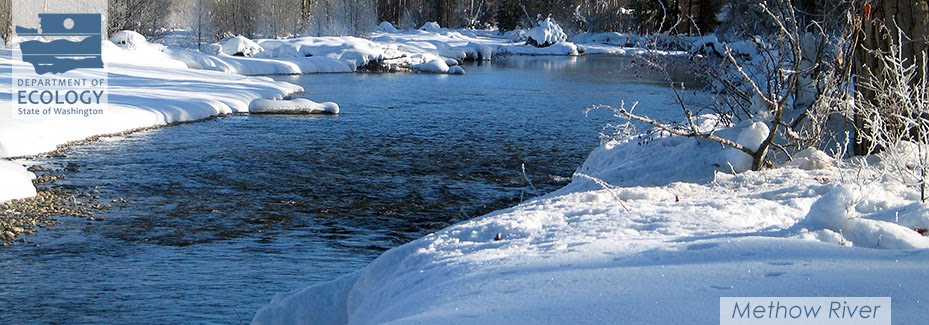A recent wave of "beach report cards" about beach health in our state points out the value of a reliable, trusted source of timely, accurate information, and in our state, the best source is the Washington BEACH (Beach Environmental Assessment, Communication and Health) Program.
The state's BEACH Program will help you stay safe while playing at marine swimming beaches. BEACH notifies the public when bacteria results are high, and educates people about what they can do to avoid getting sick from playing in saltwater that may be contaminated with bacteria.
The program is jointly coordinated by the Departments of Ecology and Health. It is implemented by local health jurisdictions, tribal nations and volunteers.
"Our partnerships with local health departments and volunteers are the strength of the BEACH Program," said Julie Lowe, who manages the program. "These local partners collect weekly samples so we can test for fecal pollution and notify the public when we have problems."
BEACH uses its website, social network, email announcements and swimming advisory signs to provide immediate notification to the public when the risk of illness is increased.
The program's scientifically credible monitoring strategy involves weekly sampling from highly used beaches and immediate notification when bacteria levels do not meet human health standards.
Lowe encourages people to look for posted signs at the beach or visit the BEACH Program website (www.ecy.wa.gov/programs/eap/beach/index.html), the best source of timely, accurate information about high use marine swimming beaches and our program.
This year, the federally funded BEACH Program is monitoring about 70 of the state's most popular saltwater beaches. That's up from 52 beaches last year, thanks to additional funding for Puget Sound beaches from the Environmental Protection Agency's National Estuary Program.
The program targets popular beaches near potential sources of pollution. While the main goal is to monitor water quality and notify the public when bacteria levels are high, BEACH also works with local and state partners to investigate and correct the problems whenever possible.
Learn more from BEACH by tapping in to the following links:
- Facebook: You can "Like" the program. (www.facebook.com/WABEACH )
- Blog: Read about the latest beach health postings on Ecology's ECOconnect blog (http://ecologywa.blogspot.com/ ) by searching for "Fecal Matters."
- Twitter: Read the latest BEACH tweets.
(http://twitter.com/#!/ecologywa and
http://twitter.com/#!/WA_DeptofHealth ) - Email: Receive automatic email updates about beach health.
(http://listserv.wa.gov/cgi-bin/wa?A0=BEACH ) - BEACH Program website. (www.ecy.wa.gov/programs/eap/beach/index.html )
Do your part to keep beaches clean:
- Scoop and bag pet poop and throw it in the trash.
- Inspect and maintain your home septic system.
- Pump your recreational boat holding tank into an authorized pump station.
- Pick up all of your trash at the beach, especially diapers.
Learn more about how you can help protect our waters at Ecology's education website, Washington Waters - Ours to Protect (www.ecy.wa.gov/washington_waters/ )
Julie Lowe is the BEACH Program Manager and can be reached at julie.lowe@ecy.wa.gov or at 360-407-6543.

No comments:
Post a Comment